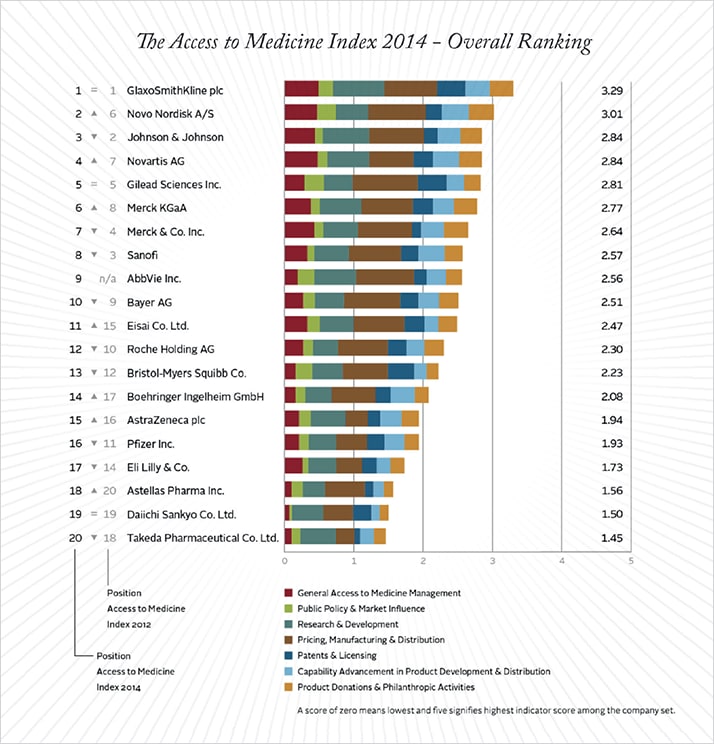
Multinational pharmaceutical companies operate and collaborate across a multitude of borders and must deal with a complicated array of restrictions and legal requirements in each market. Although the choice of location in which to base entities is driven by demand and necessity, companies must have foresight on the costs and time of operating in each jurisdiction.
During the COVID-19 pandemic, pharma companies sought to navigate the disruption and meet demand, which necessitated a strong global entity portfolio management (GEPM) structure. At the same time, the robustness by which their entities were established and managed was tested, as was knowledge of local regulatory changes that occurred during the pandemic. In numerous instances, especially with companies that licensed through local entities, there was a growing need to take a comprehensive look at how location might support or hinder their efforts.
With the pandemic now (hopefully) drawing to a cautious close, pharmaceutical companies have an opportunity to manage their expectations when locating their operations. After all, there are still huge differences between countries, which can offer both advantages and detriments in terms of basic business activity, such as distribution of activity, efficiency of activities, and operational costs.
Using data drawn from Mercator’s GEPM technology platform Entica, our research analyzed the activity of pharma corporations representing US$600 billion in market capital with entities across 70 jurisdictions worldwide to illuminate the costs and benefits of each region and show how different they are.
When cost and time are taken into consideration, the Netherlands – followed by Singapore and Belgium – is revealed as the most favourable jurisdiction in which to base entities; not only is it one of the cheapest in which to operate, but it also offers some of the shortest timelines for completing corporate secretarial tasks. In addition, the Netherlands is one of Europe’s main financial centers and has historic links to international trade.
It is worth noting, however, that while the Netherlands may offer the best balance of cost and time efficiencies for the pharma industry – the data show that the US is the most efficient jurisdiction for timely task completion alone, whereas Luxembourg is the most cost-effective.
Europe remains the hub for a significant portion of pharma clients outside of North America, which is reflected in its relatively high volume of activities. APAC, on the other hand, has traditionally been used for business support and marketing services. Singapore and Belgium both scored highly when combining the two characteristics, whereas Brazil, South Korea, and China had the lowest rankings overall.
These findings provide an invaluable insight into the dynamics of pharma GEPM, but they are not recommendations as to where pharmaceutical companies should base their entities or subsidiaries. Rather, this was an exercise in setting expectations and providing pharmaceutical general counsels and company secretaries with foresight on the relative cost and time it takes to manage entities and their activities in each jurisdiction.
The world’s rapid development into a collaborative network has been accelerated by one of the most momentous events in modern history – COVD-19. Indeed, in the past two years, significant advances have been made to streamline and digitize corporate secretarial processes. However, it is vital multinational companies are aware of the impact of differing regulatory landscapes, how each can be supported and how they fit into the global network.




